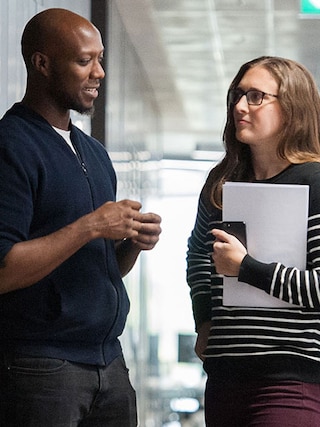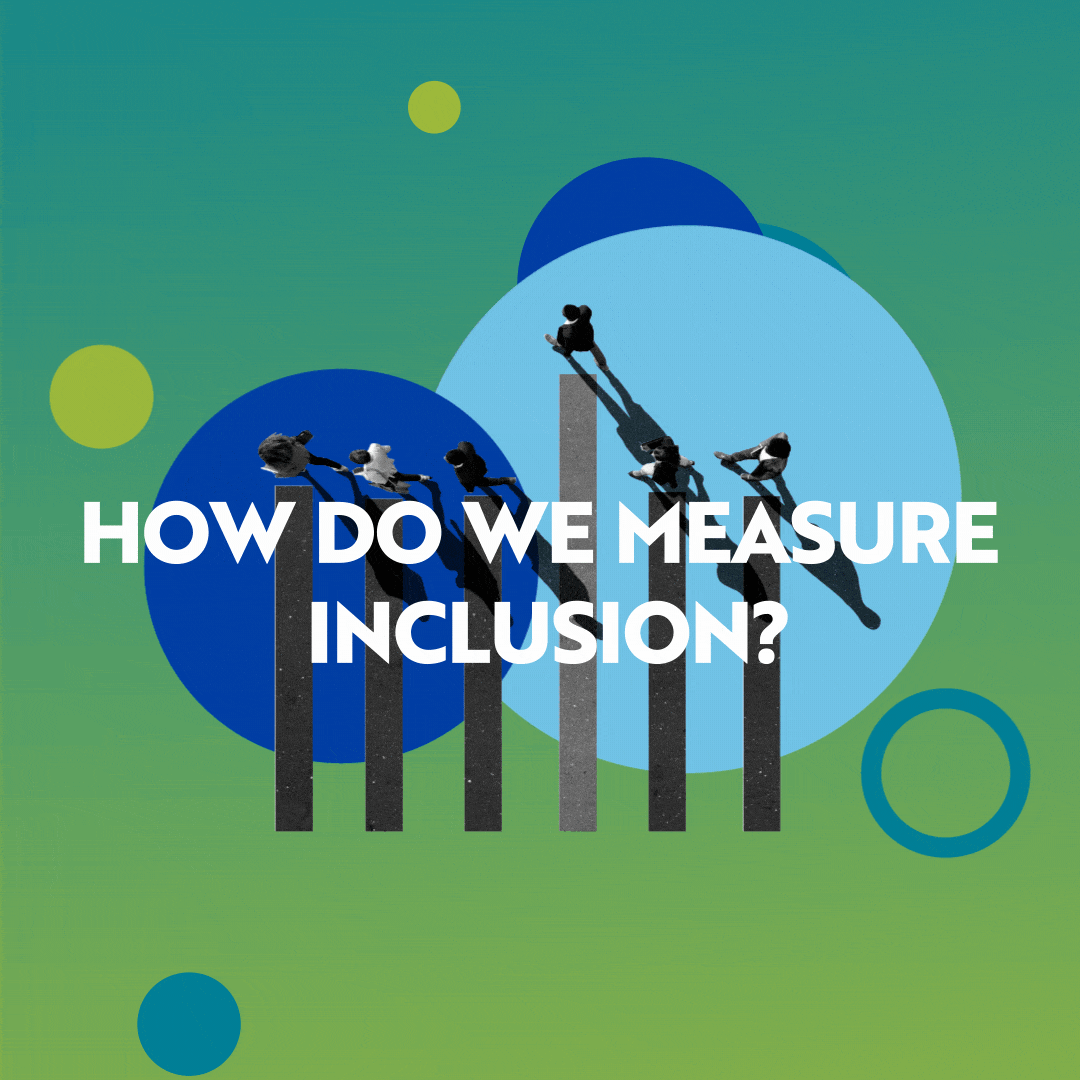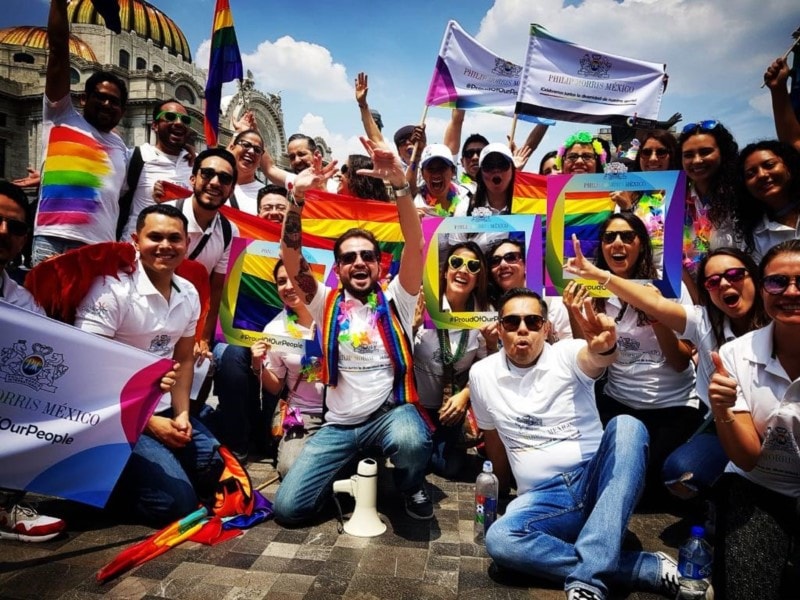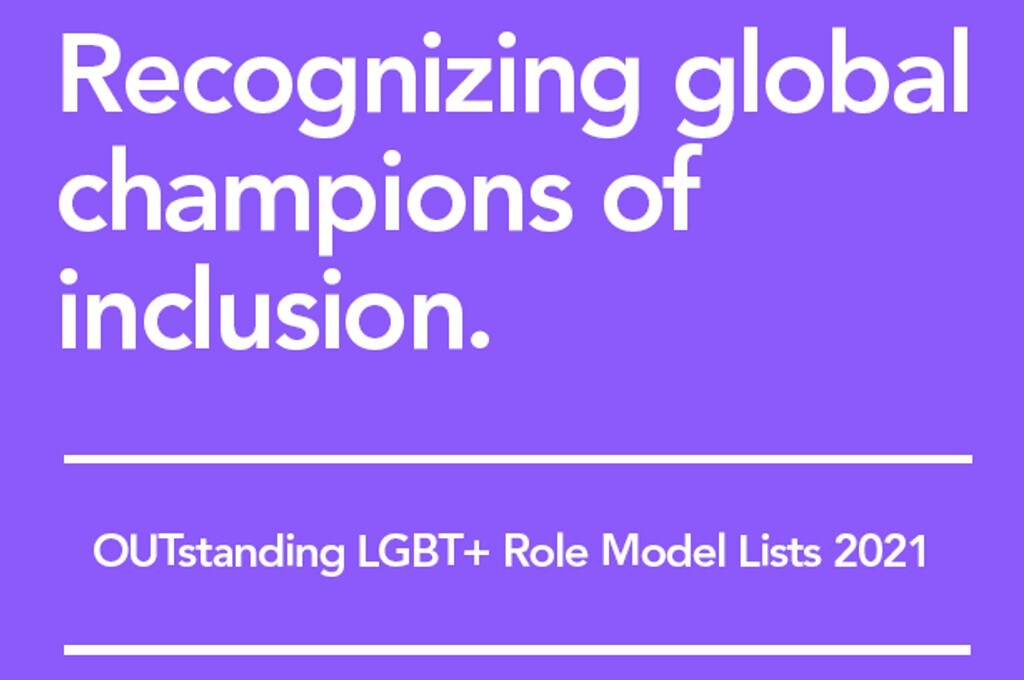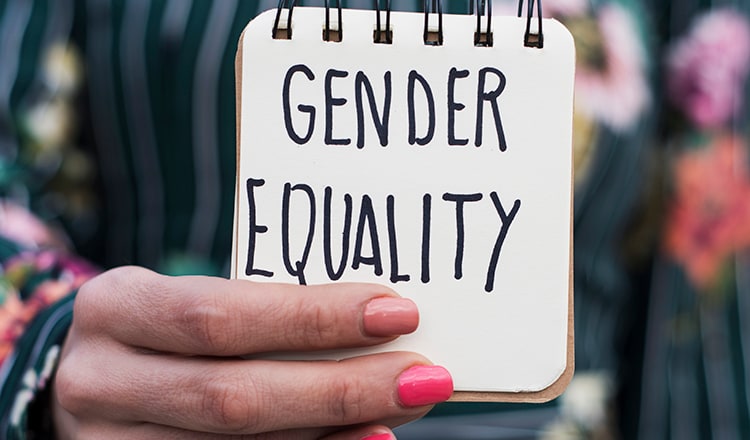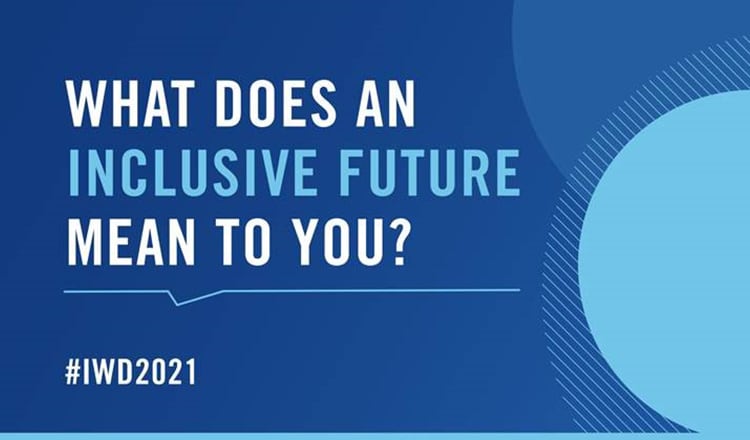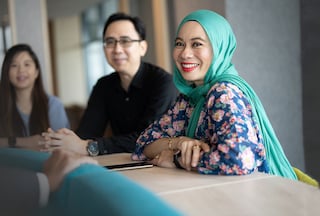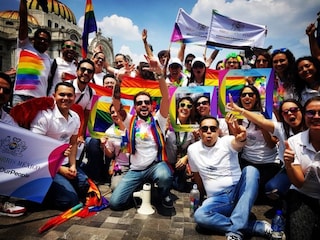Fostering a diverse, equitable, and inclusive workplace
At PMI, we see diversity as our greatest strength, and are committed to building an inclusive culture and workplace reflective of the world’s diversity. Our focus is on creating an environment where our employees from across the globe can be their true selves at work, contribute their best, support each other, and drive the innovation and consumer-centricity needed to help us to achieve our vision of a smoke-free future.
That means a work environment where personal situations are understood, differences are valued, and everyone is treated with fairness and respect. We want our approximately 83,100 employees worldwide to feel supported, respected, and have the opportunity to achieve their full potential, regardless of their gender, age, race, nationality, gender identity, ethnicity, sexual orientation, religion, disability, or any other characteristic that makes them themselves, visible or invisible.

Our initiatives

Inclusive Future
Find out more
Diversity Driving Change
Read More
Week of Women at PMI
Read MoreExplore roles
Explore all available roles and be one step closer to experiencing our culture for yourself.
Want to be part of the change and
Make History with us?
Exciting changes coming to PMI Careers! Stay tuned, stay inspired, and get ready to #MakeHistory with PMI.
